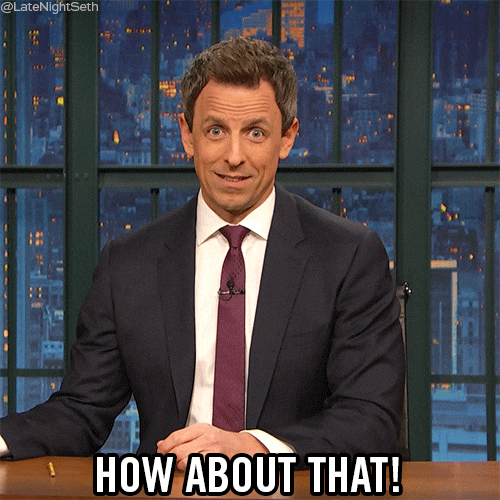Managing Tradeoffs
The other day, I saw a video of Dave Ramsey urging people to stop going to Starbucks and to make their coffee at home instead. This type of advice is very common in the financial media space. His reasoning is if you take the $5 you save by making your coffee at home and invest that money, it can turn into quite a sum down the road.
If you invest $5 a day at a 10% average annual rate of return, after 30 years you’d be sitting with about $300,000.
Would you rather have Starbucks coffee every day or $300,000 30 years from now?
We know Dave Ramsey’s answer.
What if we did this exercise for a bigger ticket item like a family vacation?
A week ago I took the opportunity to get out of wintery Utah and travel to Disneyland with my family. We had a lovely time and my only regret is not staying longer.
As a quick aside, if you want some anecdotal evidence of how the economy is doing, well there were still tens of thousands of people at Disneyland during their supposed “less-crowded” time of the year. And every person I walked by was holding a $15 drink in one hand and hundreds of dollars of merchandise in the other.
Maybe inflation isn’t hurting people’s budgets as much as they complain it is…
Anyway, as everyone knows vacations aren’t cheap. Let’s say instead of going on a $3,000 family vacation each year you took that money and invested it. After 30 years at a 10% average annual rate of return, you’d have around $500,000.
I don’t love this exercise because the logic could be applied to any purchase we make.
Should I never go see a movie because it decreases the amount of money I’ll be able to save? Should I start cutting out meals? That will give me more money to save. What if I stopped shampooing my hair? Now that I think about it, do I really need a couch? I could invest more money if I just used foldable chairs in my living room.
Every dollar you make will eventually be spent. You can either spend it now, spend it later, or pass it on to someone else to spend. The act of saving is simply deferring spending to the future. And I do think it’s possible to be saving too much money if you’re prioritizing future spending (saving) to the complete detriment of current spending.
So rather than view all spending as an enemy to building wealth, I think the conversation needs to be more focused on managing tradeoffs.
Would you rather have guac on your Chipotle bowl or a Diet Coke?
Would you rather have a personal trainer to help you finally get in shape or hire someone to come deep clean your house every month?
Would you rather have a house that’s $300,000 nicer or an extra $2,000 per month to use on vacations or any other activity?
Would you rather move to Texas, Florida, or Tennessee to not have to pay any state income tax or live close to your family?
Would you rather live in California with a beach in your backyard but a significantly higher cost of living or are you fine with snowy winters but more cash in your pocket?
Would you rather sacrifice some family time but be able to retire at age 45 or do you want to spend some money while you’re young and the kids are still around but have to work into your 60s?
For most of us, money is a finite resource.
Every time you say “yes” to something, you’re saying “no” to something else. The key is to be intentional about what you’re saying yes and no to.
Personal finance gurus love to spend-shame you into saving every last penny but the truth is there can be room for both saving and spending, frugality and extravagance, delayed gratification and enjoyment.
The key to smart spending habits is to align your spending with what’s most important to you. Studies have found that value-aligned spending was a stronger indicator of happiness than an individual’s total income or total spending.
A powerful exercise is to actually sit down and make a list of your priorities, values, and favorite activities. Then compare that list with your purchases. You might be surprised at how many dollars you’re spending on things in the middle and bottom of your list.
For example, you may feel guilty about going out to lunch with friends and coworkers more frequently than you feel is appropriate for your budget. However, after sitting down and making a list of what is most important to you, you might find that you really enjoy those lunches — they bring a lot of joy to your life. So cutting your movie-going budget, a lesser priority, and allocating more money to your lunches might be the better choice.
When it comes to making decisions with your money, you can have anything you want… but you can’t have everything.
Thanks for reading!




